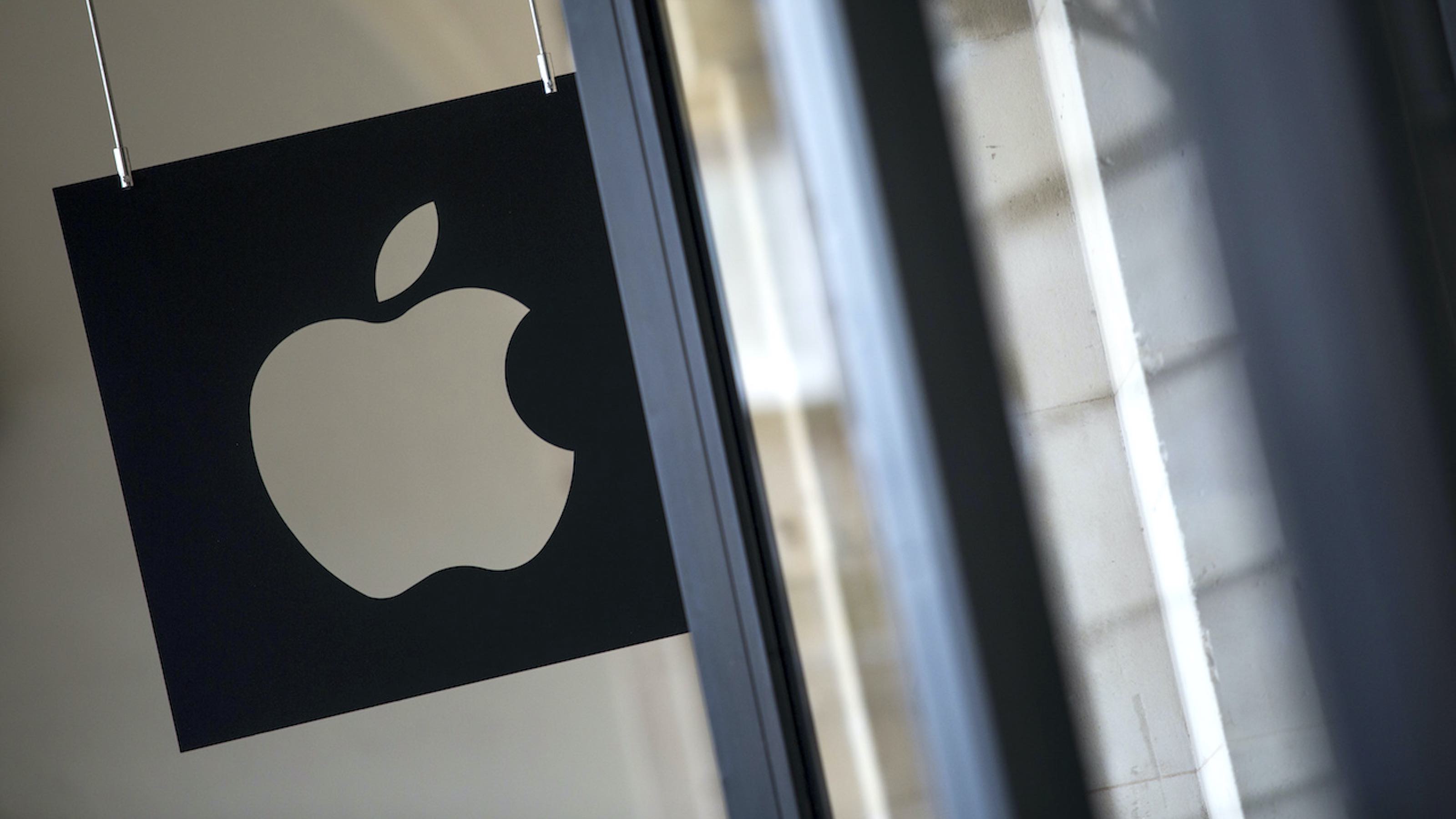
Warren Buffett's Berkshire Hathaway (BRK.B) slashed its stake in Apple (AAPL) by almost half during the second quarter, further rattling a tech sector already under scrutiny over its massive spending on AI – and naturally unnerving some Apple shareholders, too.
After all, Apple stock has been the single largest position in the Berkshire Hathaway equity portfolio for years, typically carrying a weight in excess of 40%. And yet Buffett has been paring Berkshire's enormous Apple stake at an alarming rate in 2024.
He's also taken something off the top of Berkshire's second largest holding, Bank of America (BAC).
Buffett has said his preferred holding period is forever. It's also important to know that Buffett is not, and has never been, a market timer. Furthermore, he has had nothing but praise for Apple – calling it "Berkshire's third business" – and openly admires Bank of America CEO Brian Moynihan.
So what's going on?
Stay tuned for churn
We won't get the full details of which stocks Warren Buffett bought and sold in the second quarter until Berkshire Hathaway discloses its changes in holdings after the market closes on August 14.
What we do know now is that this isn't the first time Buffett has taken a big bite out of Berkshire's Apple stake this year. As we wrote at the time, BRK.B cut its position in AAPL by 13% in the first quarter. Keep in mind that Buffett was explicit that this was done for tax purposes:
"Buffett took pains to explain to Berkshire shareholders at their annual meeting in Omaha on Saturday that the iPhone maker is still, er, the Apple of his eye. (It would have been embarrassing not to, considering Apple CEO Tim Cook attended the event in person.)"
If Buffett has a problem with AAPL, it's that the value of Berkshire's stake has grown tremendously at a time when he expects corporate tax rates to rise, probably sometime in the not-too-distant future.
As Buffett told the Berkshire faithful: "If I'm looking at a 21% rate this year and then we're [paying] a lot higher percentage later on, I don't think you'll actually mind the fact later on that we sold a little Apple this year."
Buffett pointed out that Berkshire's corporate tax rate was 35% just a few years ago. Back in the late 1960s, it was more than 50%. This man has been around a long time. He knows tax policy is never written in stone.
Perhaps Buffett's calculus explains the thinking behind the BAC sales too. As with Apple, Berkshire has enjoyed outsized returns from its investment in Bank of America. Indeed, Buffett liked the bank so much that Berkshire received special regulatory approval to acquire more than 10% of its shares outstanding. That's commitment.
The bottom line is that whatever Buffett is up, it's actually sort of irrelevant. He is a professional capital allocator. It's his job to maximize the returns on the capital entrusted to him. You either trust Warren Buffett or you don't. If you don't trust him, fine. You're not going to hurt his feelings. His track record sort of speaks for itself.
More selling to come
If today's news bothered you, you might want to skip next Wednesday. That's because Berkshire Hathaway tends to be a net seller of equities when stocks are at record highs.
The holding company sold $77 billion worth of stock in Q2, mostly Apple. But do not be surprised if we learn that Buffett & Co. trimmed or exited positions in any number of other holdings when Berkshire files its Form 13F with the Securities and Exchange Commission after markets close on August 14.
Buffett has this funny habit of trying to buy stocks when they are selling at lower prices rather than higher prices. Stocks are pretty pricey these days. Buffett is selling. What's the mystery?
By the way, some folks might try to use Buffett's buys and sells as signals for what to do with their own portfolios.
That would be silly.
As noted above, Buffett is not a market timer. This is the man who wrote in The New York Times in October 2008 that he was buying stocks. The market didn't bottom until months later, in March 2009.
"A simple rule dictates my buying: Be fearful when others are greedy, and be greedy when others are fearful," Buffett said.
No, Buffett didn't bottom-tick the S&P 500's 50% collapse. The market fell another 28% from the time he penned that op-ed to equities' nadir. And all Buffett did was buy shares in great companies at cheaper and cheaper prices, probably the entire way down. (Berkshire shareholders then benefited by riding those prices all the way back up.)
As much fun as it might be to see which stocks Warren Buffett is buying and selling, you cannot copy his moves and expect to get the same returns. There are a bunch of reasons for this, but let's keep it simple: Buffett has access to a massive pile of really cheap capital and you don't.
You're no Warren Buffett
Berkshire's timing could have been better. It didn't do market sentiment any favors by releasing its results ahead of a global rout in equities that was mostly sparked by what's happening to the Japanese yen. But that's not on Buffett.
Markets go down as well as up. Pullbacks are normal. "The average drawdown from peak-to-trough in a given year in the U.S. stock market going back to 1928 is -16.3%," notes Ben Carlson, director of institutional asset management at Ritholtz Wealth Management. "Since 1950, the S&P 500 has had an average drawdown of 13.6% over the course of a calendar year."
Volatility is the price of admission to the stock market. The greater the reward, the greater the risk. If you are unwilling to pay the equity risk premium, stick to bonds.
In the meantime, leave professional capital allocation to the pros. Word is Warren Buffett is pretty good at it.







